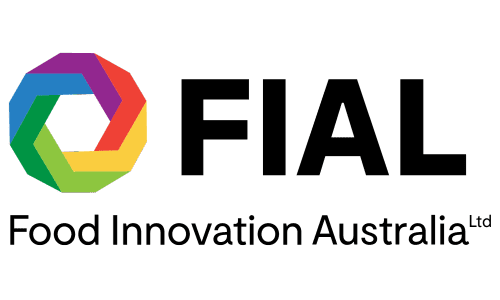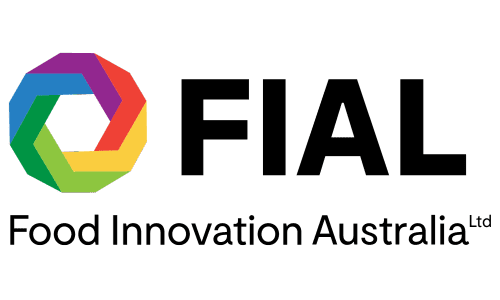Alternative proteins are forecast to capture 10 per cent of global meat consumption in the next decade. As consumer behaviours change, Australia has an opportunity to shift its protein supply mix, and value-added products made from plant protein to be a key player in global markets.
Dairy Free Down Under produces plant-based cheese blocks, shreds and slices, along with snack packs, condiments and a range of dips. All the products are plant-based, dairy-free, vegan friendly, gluten free, GMO free and palm-oil free. It is the first Australian company to successfully develop and commercialise dairy-free cheese alternatives on a large scale.
The company supplies around 900 independent grocery and health food stores, as well as all the major Foodservice distributors around Australia and exports to 11 countries. It grew 10-fold in 12 months - a sign of the rise of veganism and people moving away from dairy and embracing alternative lifestyles.
It has since gained further traction in retail and restaurant channels supplying major supermarkets, including Coles Local, IGA, Foodworks, Drakes, and Costco, and restaurant chains Zambrero and Pizza Hut.
The owners created Dairy-Free Down Under to diversify from its fresh-cut fruit business. Following both the Global Financial Crisis and the pandemic, it wanted a more future-proofed product that would give them greater business resilience.
Dairy Free Down Under spent more than three years researching and developing its range of dairy substitute products before launching “face-to-face” with its customers at an Expo. The company was inundated with interest from buyers, retailers and distributors, which informed further product and brand development.
Participation in FIAL’s Buyers Showcase event during the Commonwealth Games on the Gold Coast introduced them to international markets. As a direct result of such event-based introductions, as well as back-up support from Trade Investment Queensland and the Gold Coast City Council, they quickly secured multiple export contracts.
This case study is from FIAL's 2022 edition of Celebrating Australian Food and Agribusiness Innovations 2022



